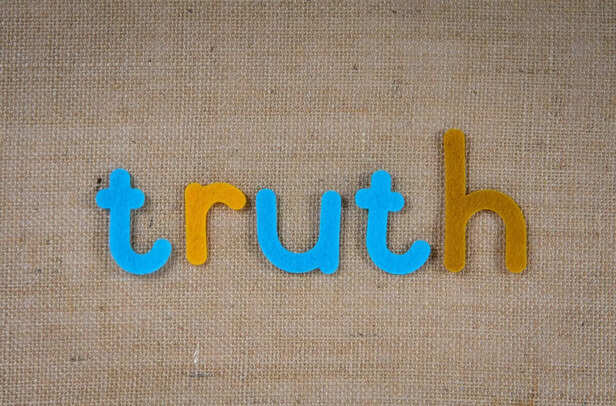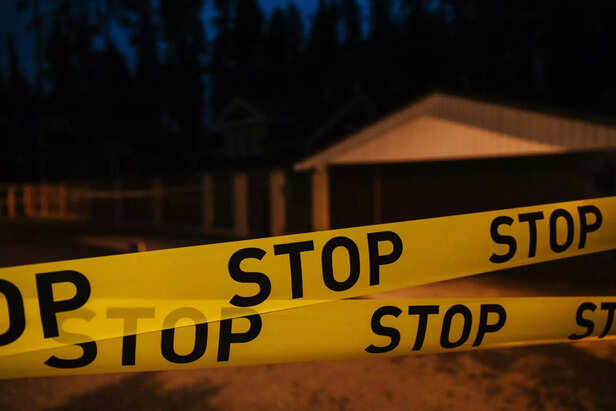Chanakya Niti - The Ones Who Hurt You First Will Act Like the Victim Later
Riya Kumari | Jul 04, 2025, 23:51 IST
( Image credit : Times Life Bureau, Timeslife )
Okay, so picture this: you're sipping iced coffee that cost way too much, scrolling through Instagram, and boom, there they are. The ex-friend/ex-lover/ex-colleague (or worse: the not-so-ex-anymore) who shattered your peace, ghosted you mid-conflict, and now has the audacity to post sad song lyrics with captions like “some people change.” Sweetie… you were the earthquake.
There’s a strange kind of pain that comes not from being hurt, but from being blamed for reacting to the hurt. If you've ever had someone cross the line, break your trust, or quietly pull the rug out from under you and then somehow turn around and make you the villain for “overreacting”, you already know what this article is about. This isn’t just relationship drama. This is a pattern as old as human behavior. And the truth is, we’ve all either been on the receiving end of it, or we’ve watched someone we care about go through it. It’s not just unfair. It’s exhausting.
1. Not Everyone Wants to Be Understood, Some Want to Be Innocent at Any Cost

Some people don’t want to own what they did. They want you to forget. They want the spotlight to move onto your reaction. They want your hurt to sound like a tantrum, your silence to feel like guilt, your distance to look like cruelty. Why? Because it’s easier to wear the mask of a victim than to confront the damage they’ve done.
And if you’re a kind, emotionally aware person, you’ll start to second-guess yourself. You’ll start asking questions like:
“Did I overreact?”
“Maybe I was too sensitive.”
“Am I being unforgiving?”
Pause. Ask yourself this instead:
Did they ever apologize without justifying their behavior? Did they ever try to repair what they broke? Or did they just rush to defend themselves before they even acknowledged you were hurt?
If the second one sounds more familiar, you’re not crazy. You’re just seeing clearly now.
2. True Wisdom Is Learning When Silence Is Louder Than Explanation

There’s a kind of growth that no one talks about enough, the moment you stop explaining your pain to people who caused it. When someone plays the victim after hurting you, they’re not asking for truth. They’re asking for control of the narrative.
Let them have their story.
You hold onto your peace.
This isn’t pride. It’s maturity. You’re not responsible for correcting someone’s version of you in their head, especially when their version helps them sleep better at night. People who know you will know the truth. And those who don’t, don’t need your energy.
3. Forgiveness Doesn’t Mean Letting People Rewrite History

A lot of people think forgiveness means reconnecting. Reopening doors. Making it easy again. It doesn’t. Forgiveness is choosing to no longer carry the weight of someone else’s mistake. But you can forgive from a distance.
You can wish someone well and still walk away.
If someone hurt you, then called you difficult for feeling hurt, then called you cold for stepping away, you are not the problem. You’re the one who saw through the performance. That is strength.
4. You’re Not Too Much, They Were Just Too Comfortable Hurting You

Sometimes the reason people act like victims is because they got used to you always being the one who tried. The one who apologized first. The one who kept the peace. The one who absorbed discomfort so no one else had to. And the moment you stopped doing that, it scared them. Because it meant they couldn’t count on your silence anymore.
Don’t feel bad for that. Growth feels like loss to people who were benefiting from your absence of boundaries.
5. Your Peace Is Not Up for Debate Anymore

There is deep dignity in walking away quietly. Not to prove a point, but to protect your energy. You don’t need to post about it. You don’t need to explain it. And you definitely don’t need to shrink yourself to fit inside someone else’s version of the truth.
Chanakya’s words aren’t about revenge. They’re about recognition. Seeing patterns clearly. Knowing when a conversation isn’t a conversation, it’s a manipulation in disguise. Once you see that, you’ll never unsee it.
Final Thought:
Let them play the victim. Let them curate their story. Let them talk. Because one day, maybe not now, but one day, they’ll be forced to look at the wreckage they caused and realize no one’s buying the performance anymore.
And you? You’ll be somewhere quieter, stronger, freer. And that’s the real ending they’ll never get to rewrite.
1. Not Everyone Wants to Be Understood, Some Want to Be Innocent at Any Cost

Shout
( Image credit : Pexels )
Some people don’t want to own what they did. They want you to forget. They want the spotlight to move onto your reaction. They want your hurt to sound like a tantrum, your silence to feel like guilt, your distance to look like cruelty. Why? Because it’s easier to wear the mask of a victim than to confront the damage they’ve done.
And if you’re a kind, emotionally aware person, you’ll start to second-guess yourself. You’ll start asking questions like:
“Did I overreact?”
“Maybe I was too sensitive.”
“Am I being unforgiving?”
Pause. Ask yourself this instead:
Did they ever apologize without justifying their behavior? Did they ever try to repair what they broke? Or did they just rush to defend themselves before they even acknowledged you were hurt?
If the second one sounds more familiar, you’re not crazy. You’re just seeing clearly now.
2. True Wisdom Is Learning When Silence Is Louder Than Explanation

Silence
( Image credit : Pexels )
There’s a kind of growth that no one talks about enough, the moment you stop explaining your pain to people who caused it. When someone plays the victim after hurting you, they’re not asking for truth. They’re asking for control of the narrative.
Let them have their story.
You hold onto your peace.
This isn’t pride. It’s maturity. You’re not responsible for correcting someone’s version of you in their head, especially when their version helps them sleep better at night. People who know you will know the truth. And those who don’t, don’t need your energy.
3. Forgiveness Doesn’t Mean Letting People Rewrite History

Truth
( Image credit : Pexels )
A lot of people think forgiveness means reconnecting. Reopening doors. Making it easy again. It doesn’t. Forgiveness is choosing to no longer carry the weight of someone else’s mistake. But you can forgive from a distance.
You can wish someone well and still walk away.
If someone hurt you, then called you difficult for feeling hurt, then called you cold for stepping away, you are not the problem. You’re the one who saw through the performance. That is strength.
4. You’re Not Too Much, They Were Just Too Comfortable Hurting You

Boundary
( Image credit : Pexels )
Sometimes the reason people act like victims is because they got used to you always being the one who tried. The one who apologized first. The one who kept the peace. The one who absorbed discomfort so no one else had to. And the moment you stopped doing that, it scared them. Because it meant they couldn’t count on your silence anymore.
Don’t feel bad for that. Growth feels like loss to people who were benefiting from your absence of boundaries.
5. Your Peace Is Not Up for Debate Anymore

Healing energy
( Image credit : Pexels )
There is deep dignity in walking away quietly. Not to prove a point, but to protect your energy. You don’t need to post about it. You don’t need to explain it. And you definitely don’t need to shrink yourself to fit inside someone else’s version of the truth.
Chanakya’s words aren’t about revenge. They’re about recognition. Seeing patterns clearly. Knowing when a conversation isn’t a conversation, it’s a manipulation in disguise. Once you see that, you’ll never unsee it.
Final Thought:
And you? You’ll be somewhere quieter, stronger, freer. And that’s the real ending they’ll never get to rewrite.
